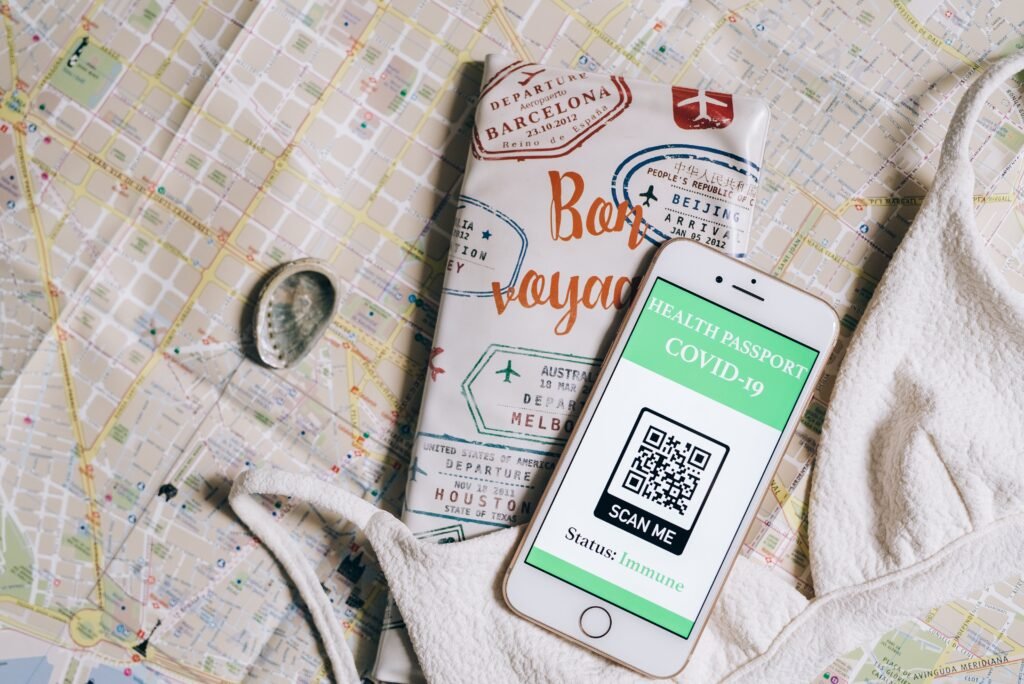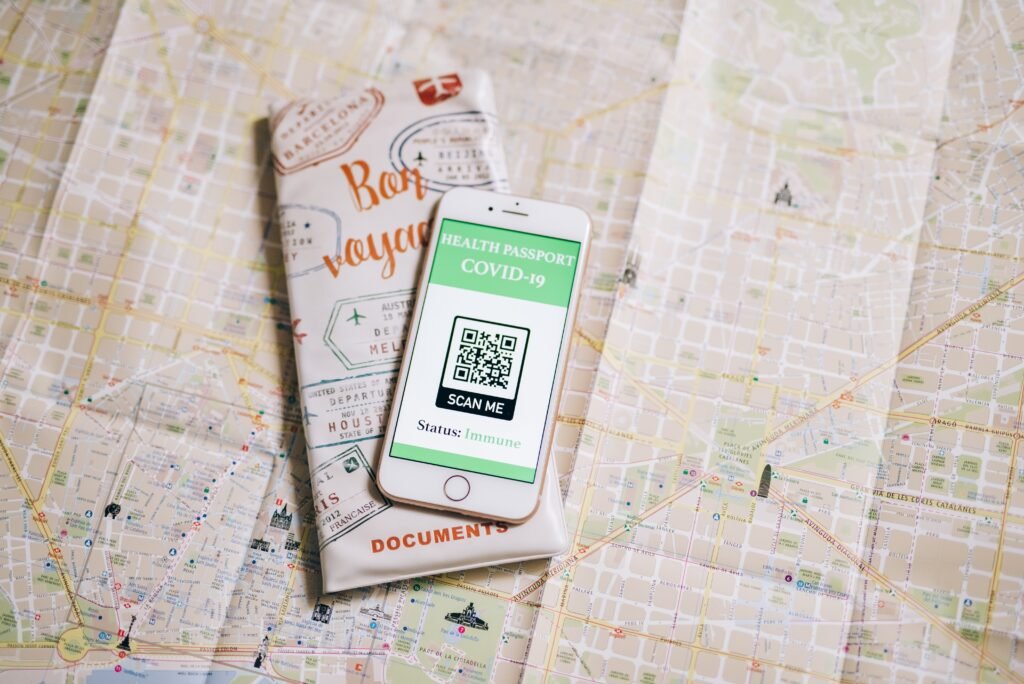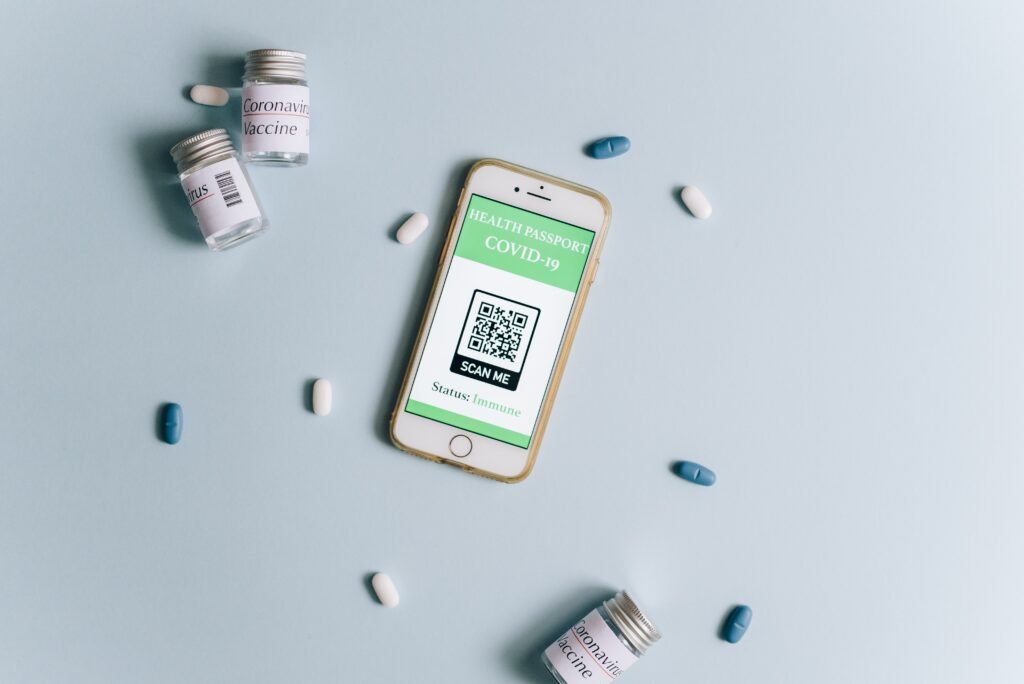Living with diabetes can be challenging, from managing blood sugar levels to taking necessary precautions to ensure a healthy lifestyle. But have you ever wondered how insurance companies are aware of your condition? In this article, we will explore the various ways insurance providers can determine if you have diabetes, shedding light on the factors they consider and the impact it may have on your coverage. Understanding this process is crucial for individuals dealing with diabetes, as it can help navigate the complexities of insurance policies and ensure access to the care and support they need.

Medical History
Obtaining Medical Records
When applying for insurance, it is common for the insurance company to request your medical records. These records provide valuable information about your overall health, including any pre-existing medical conditions such as diabetes. Insurance companies obtain these records by sending a formal request to your healthcare provider, who then sends the relevant medical information. This allows the insurance company to assess your health and determine the level of risk you present.
Health Questionnaires
In addition to requesting medical records, insurance companies often require applicants to complete health questionnaires. These questionnaires ask detailed questions about your medical history, including any previous diagnosis or treatment for diabetes. It is important to answer truthfully and accurately to provide the insurance company with the most accurate information about your health. This information helps the insurance company determine your risk profile and establish appropriate coverage and premiums.
Physical Examinations
Blood Tests
During a physical examination, blood tests are commonly performed to evaluate your overall health and detect any underlying medical conditions. These tests can also indicate whether you have diabetes or are at risk of developing it. Insurance companies may require applicants to undergo blood tests as part of the application process to confirm or rule out the presence of diabetes. The results of these tests can play a significant role in the insurance company’s decision-making process.
Urine Tests
Urine tests are another common component of physical examinations. These tests can provide valuable information about your health, including indications of high blood sugar levels that may suggest the presence of diabetes. Insurance companies may request urine tests as part of the application process to assess your overall health and potential risk factors. It is important to be forthright and transparent during these tests, as inaccurate or misleading information can adversely affect your insurance application.
Eye Examinations
Eye examinations are not only important for maintaining good visual health but can also provide early indications of diabetes-related eye complications. Insurance companies may request eye examinations as part of the underwriting process, particularly for applicants who are at higher risk. By evaluating the health of your eyes, insurance companies can gather additional information about the presence or progression of diabetes. These examinations assist in determining the appropriate coverage and premiums for prospective policyholders.
Insurance Applications
Disclosure of Medical Conditions
When applying for insurance, it is crucial to disclose any pre-existing medical conditions, including diabetes. Failure to disclose accurate and complete information can lead to serious consequences, including claim denial or policy cancellation. Insurance companies need accurate information to assess risk and determine appropriate coverage options. Be sure to disclose any known medical conditions, including diabetes, to ensure transparency and avoid potential issues in the future.
Specific Diabetes Questions
Insurance applications often include specific questions regarding diabetes. These questions aim to gather more detailed information about your diagnosis, treatment, and management of the condition. It is essential to answer these questions truthfully and provide accurate information to ensure a fair assessment of your health and risk level. Insurance companies use this information to tailor their underwriting decisions and customize coverage options that meet your specific needs.
Medical Information Bureau
Information Sharing
The Medical Information Bureau (MIB) is an organization that collects and stores medical information about individuals. Its purpose is to provide insurance companies with access to comprehensive information to assess risk accurately. When you apply for insurance, the insurance company may request your consent to collect and disclose information from the MIB to evaluate your risk profile. The MIB serves as a centralized database that helps insurance companies have a more complete understanding of your medical history, including any prior diabetes-related issues.
Access by Insurance Companies
Insurance companies have access to the medical information stored by the MIB. This access allows them to review an applicant’s medical history and any previous insurance claims made. By accessing this information, insurance companies can assess the risk associated with providing coverage to individuals with pre-existing conditions, such as diabetes. It is important to ensure that the information stored by the MIB is accurate and up-to-date to avoid potential discrepancies during the underwriting process.

Pharmacy and Prescription Records
Prescription Claims
Pharmacy and prescription records can provide valuable insights into an individual’s medical history and medication usage, particularly for chronic conditions like diabetes. Insurance companies may request access to these records to evaluate an applicant’s adherence to prescribed treatments and management plans. This information helps insurers assess the overall health and risk level of an individual and determine the appropriate coverage and premiums.
Pharmacy Benefit Managers
Pharmacy benefit managers (PBMs) play a crucial role in managing prescription claims and interacting with insurance companies. These entities work as intermediaries between pharmacies, insurers, and patients. PBMs maintain records of all prescription claims, including those related to diabetes management. Insurance companies may collaborate with PBMs to gain access to an applicant’s prescription records. This helps insurance companies evaluate the severity and management of diabetes and make informed underwriting decisions.
Medical Claims
Diabetes Diagnosis Codes
When a medical claim is submitted to an insurance company, it includes diagnosis codes that provide information about the medical condition being treated. For individuals with diabetes, specific diagnosis codes are used to indicate the presence of the condition and any related complications. Insurance companies have access to these codes, allowing them to identify individuals with diabetes and process their claims accordingly. These codes are essential for accurately assessing the utilization of medical services related to diabetes management.

Electronic Health Records
Interoperability
Electronic health records (EHRs) have significantly improved the accessibility and sharing of medical information between healthcare providers and insurance companies. Through interoperability, EHR systems facilitate the secure transfer of medical records, including any diabetes-related information, between different entities. This seamless exchange of information allows insurance companies to access up-to-date medical records and make more accurate underwriting decisions based on complete and comprehensive information.
Health Information Exchanges
Health information exchanges (HIEs) are networks that enable the sharing of patient health information across multiple healthcare organizations. HIEs allow insurance companies to access a broader range of medical records, including the diagnosis and management of diabetes. By participating in HIEs, insurance companies can gather more comprehensive information about an individual’s health, facilitating a more holistic evaluation of risk. The inclusion of HIEs in the underwriting process enhances the accuracy and fairness of insurance assessments.
Consent and Authorization
Release of Medical Information
To access an applicant’s medical information, insurance companies must obtain consent and authorization. Applicants are generally required to sign a release form that authorizes healthcare providers to release their medical records to the insurance company. This release of medical information allows insurance companies to obtain a complete view of an individual’s health, including any relevant information related to diabetes. It is important to provide consent and authorization to ensure a thorough and accurate underwriting process.

Insurance Underwriting Process
Risk Assessment
The insurance underwriting process involves assessing the risk associated with providing coverage to an individual. For applicants with diabetes, insurance companies evaluate various factors such as blood sugar levels, HbA1c levels, and any diabetes-related complications. These risk factors help determine the probability of future medical expenses and guide the insurance company in setting appropriate premiums and coverage limits. Risk assessment allows insurance companies to customize coverage options that meet the specific needs of individuals with diabetes.
Rating Classes
Insurance companies often categorize applicants into rating classes based on their risk level. Individuals in higher rating classes typically have better health and lower risk factors, resulting in lower premiums and broader coverage options. For applicants with diabetes, the rating class is typically influenced by factors such as the severity of the condition and the effectiveness of diabetes management. Insurance companies use these rating classes to ensure fairness and accuracy in setting premiums and providing suitable coverage to individuals with diabetes.
Fraud Detection
Data Analytics
Insurance companies utilize data analytics techniques to identify potential instances of fraud, including those related to diabetes. By analyzing large volumes of data, insurance companies can detect patterns and anomalies that may indicate fraudulent activity, such as inflated claims or misrepresentation of medical information. Data analytics enables insurance companies to identify potential areas of concern and prevent fraudulent practices effectively, ensuring that coverage is provided to those who genuinely need it.
Investigations
In cases where fraud is suspected, insurance companies may conduct investigations to gather additional information and verify the accuracy of claims and medical information. These investigations may involve requesting further documentation, interviewing witnesses, or even engaging the services of specialized investigators. The purpose of these investigations is to protect the integrity of the insurance system and ensure that resources are allocated to those who meet the necessary criteria. By actively investigating potential fraud, insurance companies can maintain fair and affordable coverage for all policyholders.
In conclusion, insurance companies employ various methods to determine if an individual has diabetes. Through the collection and analysis of medical records, health questionnaires, and the utilization of various information sources, insurance companies can make informed underwriting decisions. It is essential to provide accurate and complete information during the application process to ensure fair assessment and appropriate coverage. Additionally, insurance companies utilize data analytics and investigations to combat fraud and maintain the integrity of the insurance system. By understanding how insurance companies gather information about diabetes, individuals can navigate the insurance application process more effectively.


